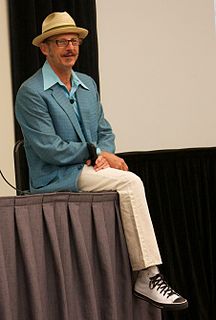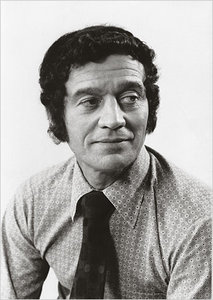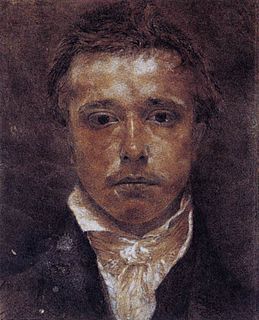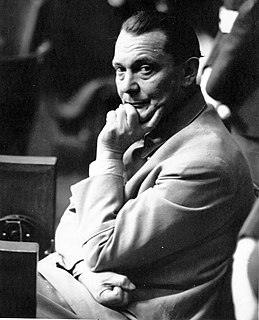A Quote by Malcolm X
Not long ago, an English writer telephoned me from London, asking questions. One was "What's your alma mater?" I told him, "Books." You will never catch me with a free fifteen minutes in which I'm not studying something I feel might be able to help the black man.
Related Quotes
I certainly wasn't seeking any degree, the way a college confers a status symbol upon its students. My homemade education gave me, with every additional book that I read, a little bit more sensitivity to the deafness, dumbness and blindness that was afflicting the black race in America. Not long ago, an English writer telephoned me, asking questions. One was, "What's your alma mater?" I told him, "Books.
A couple of years ago I picked up New Yorker writer Alma Guillermoprieto's "The Heart That Bleeds," which is reportage from Latin America in the 1990s. You can predict that some books will give you a thrill, but you can't predict the books that will hit you hard. It is a little bit like falling in love.
To choose a writer for a friend is like palling around with your cardiologist, who might be musing as you talk to him that you are a sinking man. A writer's love for another writer is never quite free of malice. He may enjoy discussing your failures even more than you do. He probably sees you as tragic, like his characters - or unworthy of tragedy, which is worse.
Her free hand was clenched in a fist. I held still, waiting for her to say something, to tell me she should have never left me here, where her friends might look to me for help. Finally she looked at me. Her eyes were hard, but she'd let no tears fall. "This is where we blame those who are responsible, Cooper, she told me, her voice very soft. "The colemongers, and the bought Dogs at Tradesmen's kennel. We'll leave an offering for him with the Black God when all this is done, and we'll occupy ourselves with tearing these colemongers apart. all right? We put grief aside for now.
By speech first, but far more by writing, man has been able to put something of himself beyond death. In tradition and in books an integral part of the individual persists, for it can influence the minds and actions of other people in different places and at different times: a row of black marks on a page can move a man to tears, though the bones of him that wrote it are long ago crumbled to dust.




































